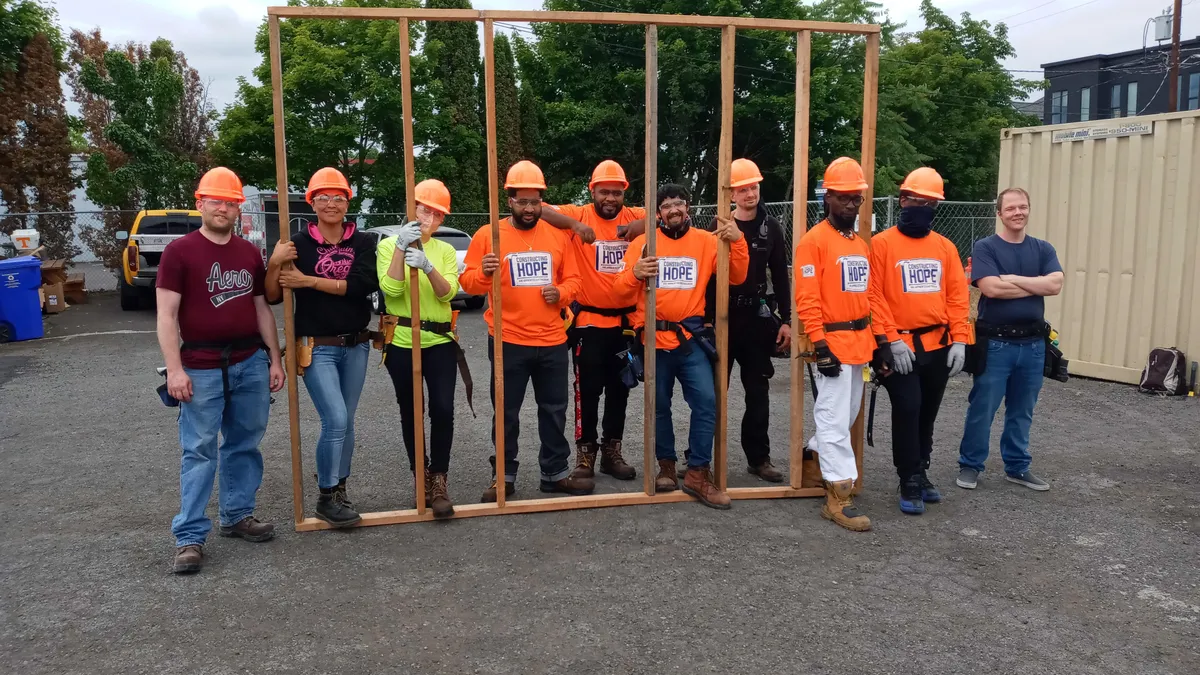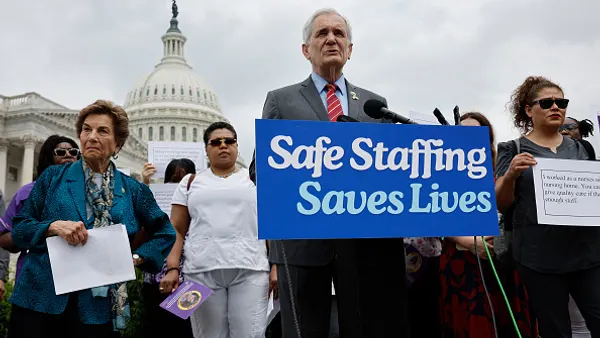The majority of young people in nondegree pathways to upskilling say they are workforce ready, according to a survey conducted by American Student Assistance and Jobs for the Future — but many are still uncertain about and unaware of such programs, the survey results indicated.
Of those surveyed who stated their confidence in their nontraditional path, one-third pursued a certification, another third obtained a certificate and one-fifth had pursued a competency-based license.
ASA and JFF surveyed more than 1,100 high school graduates who opted not to attend college directly after high school to ascertain what they chose to do instead. Nondegree pathways included apprenticeships, boot camps, certificate programs, industry certifications and occupation licenses.
Seventy percent of “pathway youth” surveyed — who are participating in postsecondary education of some kind that is not a college degree — reported confidence in their plans; 9 in 10 said they are satisfied with their path, as well, due to opportunities for hands-on work and to learn by doing, the report said.
“A growing number of young people are interested in diverse postsecondary pathways that enable them to build a life and career on their own terms. But acquiring the skills needed to thrive in a dynamic workforce can be unclear and confusing for learners,” said Jean Eddy, president and CEO of ASA, in a statement. “It’s the responsibility of policymakers, advocates, and educators to ensure young people have the information and opportunities necessary to build those skills.”
Of those who aren’t pursuing alternative paths, nearly two-thirds said they would have considered such if they knew about them in the first place, speaking to the ongoing challenge such programs have in reaching young potential workers.
Employers have the opportunity to reach workers by offering on-the-job training — a program type that was said to have a solid chance at improving job outcomes for young adults, according to a report from Georgetown University’s Center on Education and the Workforce.
“Our research clearly indicates that the bachelor’s degree is still the most traveled pathway to a good job. But through this work, we also find there are alternative pathways to good jobs through career and technical education (CTE) and work experience,” Anthony Carnevale, the report’s lead author and director of the center, said in a statement upon the study’s release.
Notably, young adults with degrees have reported in other surveys that their degree may not have prepared them for the realities of the workforce — and said that real-world experience is one of the most important aspects of preparing for a career.














